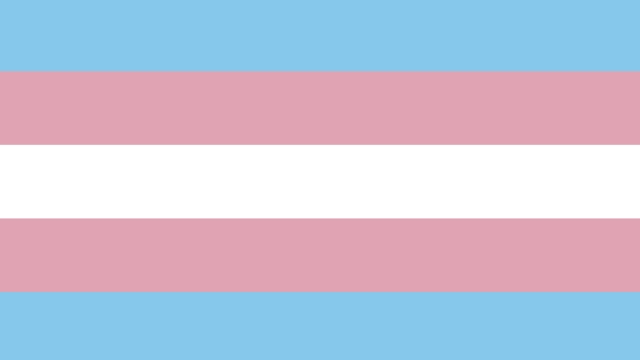“As a transracial adoptee, I suffered a double layer of bullying because I was Asian, especially as an Asian in an all-white background….Being constantly bullied as a child into young adulthood didn’t give me the confidence to dare to stand out and be different as it stripped away my sense of self. Without a mirror image of myself in the media, I had to create my own narrative as a child. As an adult, this helped me stand in my own truth: to be brave and unapologetically Asian.”
Amazin LeThi, the founder of the Amazin LeThi Foundation which is an international charity organization to end LGBTQ bullying and HIV/AIDS discrimination in the Asian community, wrote in her blog posted on Act to Change. As the first Asian Athlete Ally Ambassador and a fearless fighter for anti-bullying in Asian LGBTQ community, LeThi has come a long way and realized how Asians stereotypes portrayed in media, the lack of exposure of Asians in media, and the short of support systems and a mirror image deepen the stigma for Asian LGBTQ community.
“Asian youth are bullied the most out of all ethnic groups, yet nobody talks about it. In the U.S., I’ve never felt so invisible, because we (Asians) are portrayed as this non-threatening, invisible model minority community that ‘nothing have ever happened to us,’” LeThi said when asked about what makes Asians anti-bullying issues so important and urgent. The invisibility of Asian community in day-to-day conversations and those in politics and media frustrated LeThi. Therefore, she decided to collaborate with the White House AAPI Initiative. When Act to Change, a public awareness campaign working to address AAPI community bullying problems, was launched last year in October, she came on board as a supporting partner to share her stories with oppressed Asians.
“What lots of people don’t realize is that if you’re Asian LGBTQ, you’re suffered from racism and homophobia,” she said. These two layers, sexuality and racial minority, put Asian under double pressures. For example, Asian men are desexualized and demasculinized, while Asian women are seen as subservient. Then there comes the more known stereotypes people have on LGBTQ community. When one multiply those discriminations, Asian LGBTQ people are very susceptible to be bullied. What’s more? “Because of the racial stereotype”, LeThi said, “Asian LGBTQ are the victims of bullying within the LGBTQ community. They are not fully respected nor treated equally even in the community they belong to.”
“When I think of Act to Change and the issue of bullying in the Asian community, talking about coming out is not enough. We need to talk about the intersection as well because it’s so much about our culture, who we are as a person, how the media portrays Asian people, and how people see us.” — Amazin LeThi
When talking about other Asian cultures, LeThi said, “Because we are brought up to think about what kind of job we are going to have and if it is going to be a good job at the end of life to be able to support the family, the idea of coming out obviously brings on a lot of shame and pressure from our own community that encourages people to conform.” Because she sees Asians are conformists and such picture can be changed, LeThi wants to use more digital platforms to share the stories of Asians who can be the mirror images for those suffering from bullying or their intersectional identities. “We need to speak up,” as LeThi mentioned more than 3 times during the interview.
The problem that causes bullying can also be seen in Asian athlete community. Many Asians youth love to go into sports. However, due to the stereotype that “Asians are weak,” many have been discouraged and more so for Asian LGBTQ. LeThi said that we need more Asian athletes to come out or, at the very least, to publicly become an ally. “We need the support from both inside and outside of the Asian community,” she said.
Amazin LeThi has never given up, and she is still forging ahead. With Act to Change and Amazin LeThi Foundation, Asian LGBTQ’s voices have started to be heard. Nevertheless, we still have a long way to go. Go to Act to change (acttochange.org/#about) and Amazin LeThi Foundation (www.amazinlethifoundation.org/) to learn about how to become an ally for and contribute to Asian LGBTQ community.











